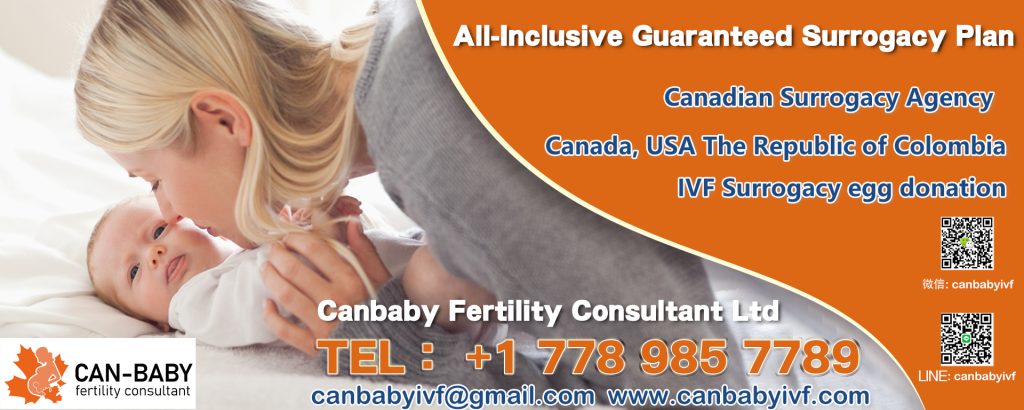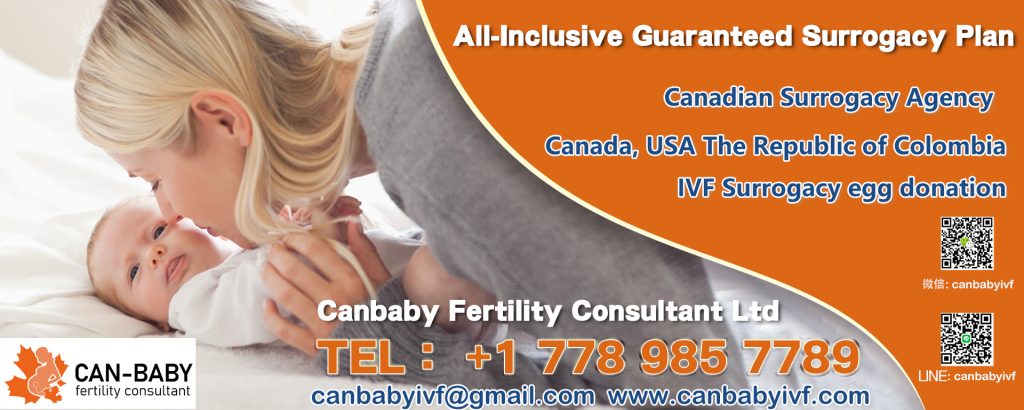
Canadians’ 2025 Guide to Cost-Effective, Legal, and Fast Surrogacy Abroad
Disclaimer: This article is an original work by Canbaby Fertility Consultant LTD, a Canadian surrogacy consulting company. Reproduction or redistribution without permission is strictly prohibited.
Surrogacy is a life-changing path for many Canadian families struggling with infertility, same-sex couples, or single parents. However, Canada’s restrictive laws—especially regarding paid surrogacy and embryo gender selection—have led many intended parents to explore international surrogacy options. This comprehensive guide outlines each step Canadians must take when pursuing surrogacy abroad, helping you make informed, legal, and ethical decisions.
Why Canadians Choose International Surrogacy
In Canada, altruistic surrogacy is legal, but commercial surrogacy is prohibited under the Assisted Human Reproduction Act (AHRA). This means intended parents cannot legally pay a surrogate beyond reimbursing her for specific, approved expenses.
Other limitations include:
- Prohibition on gender selection (except for medical reasons)
- Long waiting times due to surrogate shortages
- Legal grey areas around embryo transfer and agency involvement
Because of these challenges, more Canadians are turning to international surrogacy destinations like the United States, Ukraine (pre-war), Georgia, Colombia, and Mexico, where commercial surrogacy is legal and the processes are more streamlined.
Step-by-Step International Surrogacy Guide for Canadians
1. Initial Research and Consultation
Start by understanding your own needs:
- Do you need an egg donor or sperm donor?
- Are you open to working with a surrogate overseas?
- Do you have a preference for the child’s gender or genetic background?
Schedule consultations with fertility consultants, surrogacy agencies, or lawyers familiar with Canada surrogacy law and international surrogacy logistics.
2. Select a Country and Agency
Each country has unique surrogacy laws. Some are more favorable to Canadian citizens, while others may restrict same-sex or single intended parents. Popular options include:
- United States: High success rate, legal protections, but more costly
- Colombia/Mexico: More affordable, emerging legal frameworks
- Georgia: Legal for married heterosexual couples
- Argentina: LGBTQ+ friendly and legally open
Work with a licensed international surrogacy agency that has experience coordinating with Canadian citizens.
3. Choose a Fertility Clinic and Egg/Sperm Donor (If Needed)
Clinics in your chosen country may offer their own pool of egg donors or sperm donors, or allow you to transport embryos from Canada. Canadians often use local clinics like PCRM or Olive Fertility to create embryos before exporting them abroad (with proper documentation and legal support).
4. Legal Agreements
Hire a Canadian lawyer familiar with international reproductive law to draft or review the surrogacy contract. You’ll also need legal counsel in the surrogate’s country.
The legal agreement should cover:
- Financial responsibilities
- Medical procedures
- Parental rights and citizenship plans
- Conflict resolution procedures
Important: Never proceed without fully signed contracts and legal clearance.
5. Embryo Transfer and Surrogate Pregnancy
Once all parties are ready, the embryo is transferred to the surrogate under medical supervision. Regular updates and medical reports will be provided to the intended parents throughout the pregnancy.
Agencies often assist with:
- Surrogate psychological support
- Travel arrangements for intended parents
- Ongoing communication with clinics and surrogates
6. Preparing for Birth and Travel
As the due date approaches, you’ll need to:
- Travel to the surrogate’s country
- Secure accommodation
- Prepare necessary legal documents for the baby’s return to Canada
Work closely with a lawyer or immigration consultant to ensure the baby’s citizenship, passport, and travel documents are ready.
7. Bringing Your Baby Back to Canada
The Canadian government recognizes parentage through surrogacy, but the process varies depending on genetics, country of birth, and legal status. You’ll likely need:
- DNA testing (if donor material is used)
- Birth certificate from the birth country
- Proof of Canadian parent(s)’ citizenship
- Citizenship certificate or Canadian passport for the baby
The IRCC (Immigration, Refugees and Citizenship Canada) handles these cases, and processing may take several weeks.
Costs of International Surrogacy for Canadians
Estimated total costs (CAD) for international surrogacy:
- United States: $120,000 – $200,000+
- Colombia/Mexico: $60,000 – $90,000
- Georgia/Argentina: $50,000 – $80,000
Note: These include legal fees, agency coordination, IVF, surrogate compensation, travel, and baby documentation.
Risks and Considerations
- Legal inconsistencies between countries
- Ethical concerns with surrogate treatment in some regions
- Political instability or war (e.g., Ukraine)
- Visa or travel delays for newborns
Always work with ethical, transparent agencies and request references or past client testimonials.
Conclusion: Is International Surrogacy Right for You?
For many Canadians, international surrogacy offers the fastest, most legally clear path to parenthood. With the right support team—including Canadian lawyers, fertility consultants, and trusted overseas partners—you can minimize risk and maximize success.
Before you begin, ask yourself:
- Are you financially prepared?
- Can you navigate potential legal complexities?
- Are you open to cross-border communication and travel?
With careful planning, international surrogacy can be a safe and joyful journey toward growing your family.

